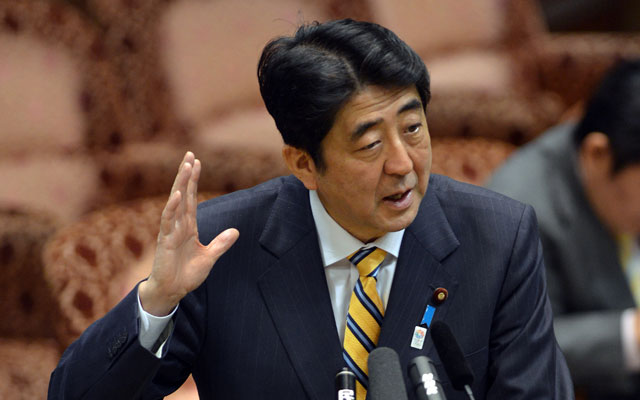Following a statement by the World Health Organization on the low predictive rate for cancer in Fukushima, Japan, Prime Minister Shinzo Abe was quoted Thursday pledging his goal to restart Japan’s inactive nuclear power plants.
This move, together with a renewed push to join the Trans-Pacific Partnership (TPP), shows Abe’s drive strengthen Japan’s economy and alliance with the U.S.
The March 2011 earthquake that caused the shutdown of the Fukushima nuclear power plant also set in motion a political chain reaction that shut down all of Japan’s nuclear plants. Then-Prime Minister Yoshihiko Noda vowed to phase out use of all nuclear power plants in Japan. Only two of their 50 operable nuclear power plants are currently active.
Nuclear energy is still a sensitive issue in Japan, the only country to ever have nuclear energy used against it as a weapon. Nonetheless, the mass shutdown forced the country to rely more on expensive substitutes and energy imports. Before the Fukushima disaster, nuclear energy accounted for 30 percent of Japan’s electricity.
Since retaking the title of prime minister, Abe has shown hopeful signs of being a leader set on putting Japan back on the right path. Last week he discussed with President Obama Japan’s potential to join in the TPP, an important program to help dissolve barriers in trade and increase trade volume between nations. Japan’s economy relies heavily on trade.
Opposition to the TPP comes heavily from Japan’s agriculture industries that are under heavy protection through government regulations. Japan currently has a 778 percent tariff on rice imports to protect local rice farmers.
Though the TPP may not cut all trade barriers at once, Japan finally joining the talks is an important step forward. Let’s hope Abe can truly get Japan back to using nuclear energy and to join a meaningful TPP.


























